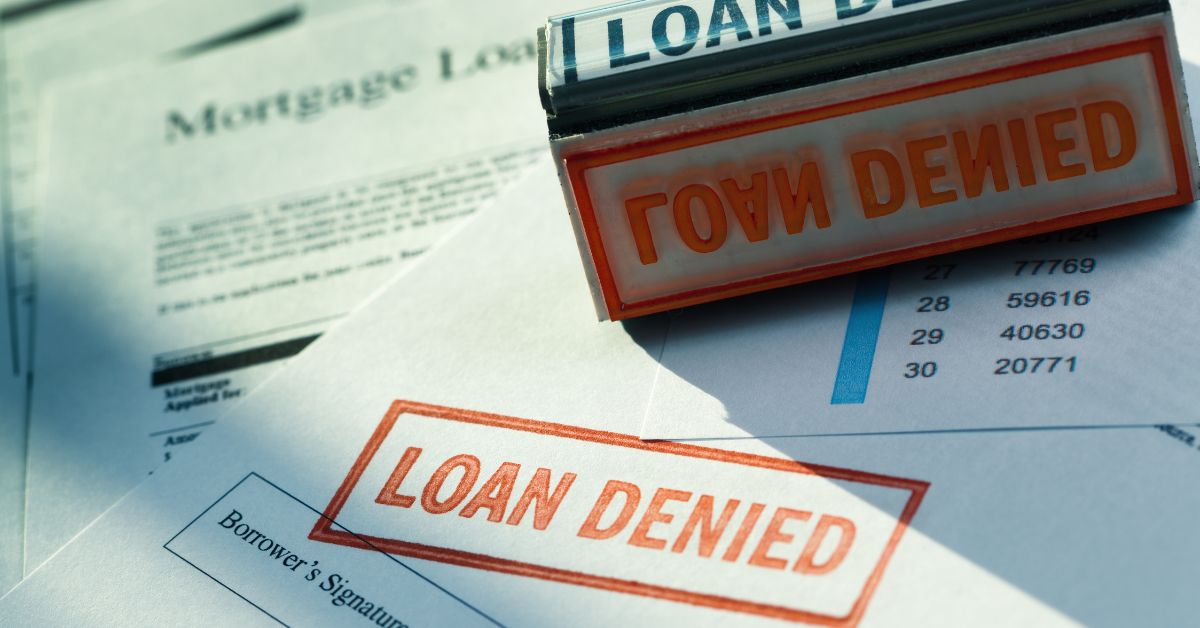How to Run a Quick Financial Health Check Before You Apply for a Mortgage
 Are you planning on using a mortgage to help cover the cost of a new home? If so, you will want to prepare your finances and figure out how you will manage all those wallet-draining monthly expenses. Let’s take a look at how to run a quick financial health check to ensure you are ready to apply for a mortgage.
Are you planning on using a mortgage to help cover the cost of a new home? If so, you will want to prepare your finances and figure out how you will manage all those wallet-draining monthly expenses. Let’s take a look at how to run a quick financial health check to ensure you are ready to apply for a mortgage.
Update (Or Start) Your Monthly Budget
First, it is essential to get the basics out of the way. If you haven’t already, it’s time to start a monthly budget to keep track of your income and expenses. Once you have a mortgage, it will be important to prioritize your monthly payments so that you don’t end up falling behind.
Starting a budget is easy and can be done with mobile apps, software, a spreadsheet or a pen and paper. List all sources of income so that you know exactly how much cash you are working with. Then, list out every one of your expenses. It can be tough to remember them all, so consider using debit and credit card statements from the past few months as a reminder.
Get A Copy Of Your Credit Report
Next, you will want to get a copy of your credit report so you can see what potential mortgage lenders will see when assessing your financial history. This is a free service that you can request once per year, so be sure to take advantage. Note that you will want to use government-approved websites for requesting your credit report. Be wary of scams.
Do You Have A Down Payment?
A down payment is not required for every home purchase, but having one saved up can make the buying process easier. The amount you will want to have saved up will depend on the cost of your home, whether you plan on carrying private mortgage insurance and a variety of other factors. If possible, try to save up an amount close to (or more than) twenty percent of the home’s purchase price.
Ready? Chat With A Professional
Now that you have run a quick financial health check, it is time to meet with a mortgage professional to discuss your options.

 If you are looking to buy a home, you may want to consider shopping for a loan first. Having your financing squared away ahead of time can make it easier to be taken seriously by buyers and help move along the closing process. For those who are looking to get a mortgage soon, keep in mind that the Debt-to-Income ratio of the borrower plays a huge role in the approval of your mortgage application.
If you are looking to buy a home, you may want to consider shopping for a loan first. Having your financing squared away ahead of time can make it easier to be taken seriously by buyers and help move along the closing process. For those who are looking to get a mortgage soon, keep in mind that the Debt-to-Income ratio of the borrower plays a huge role in the approval of your mortgage application. So you’ve been pre-approved for a mortgage – great! You’ve taken the first step toward becoming a homeowner. But before you start picking out china patterns, you’ll want to keep in mind that a pre-approval isn’t the same thing as a mortgage agreement. There’s still no guarantee that you’ll actually get a mortgage.
So you’ve been pre-approved for a mortgage – great! You’ve taken the first step toward becoming a homeowner. But before you start picking out china patterns, you’ll want to keep in mind that a pre-approval isn’t the same thing as a mortgage agreement. There’s still no guarantee that you’ll actually get a mortgage. There are a lot of pests that may try to make their way into your home, and they can cause significant health and safety issues in addition to detracting from your property values. It can be very difficult to remove infestations once they have infiltrated your home, so it is always better to prevent them from happening. What are a few tips you should keep in mind?
There are a lot of pests that may try to make their way into your home, and they can cause significant health and safety issues in addition to detracting from your property values. It can be very difficult to remove infestations once they have infiltrated your home, so it is always better to prevent them from happening. What are a few tips you should keep in mind?